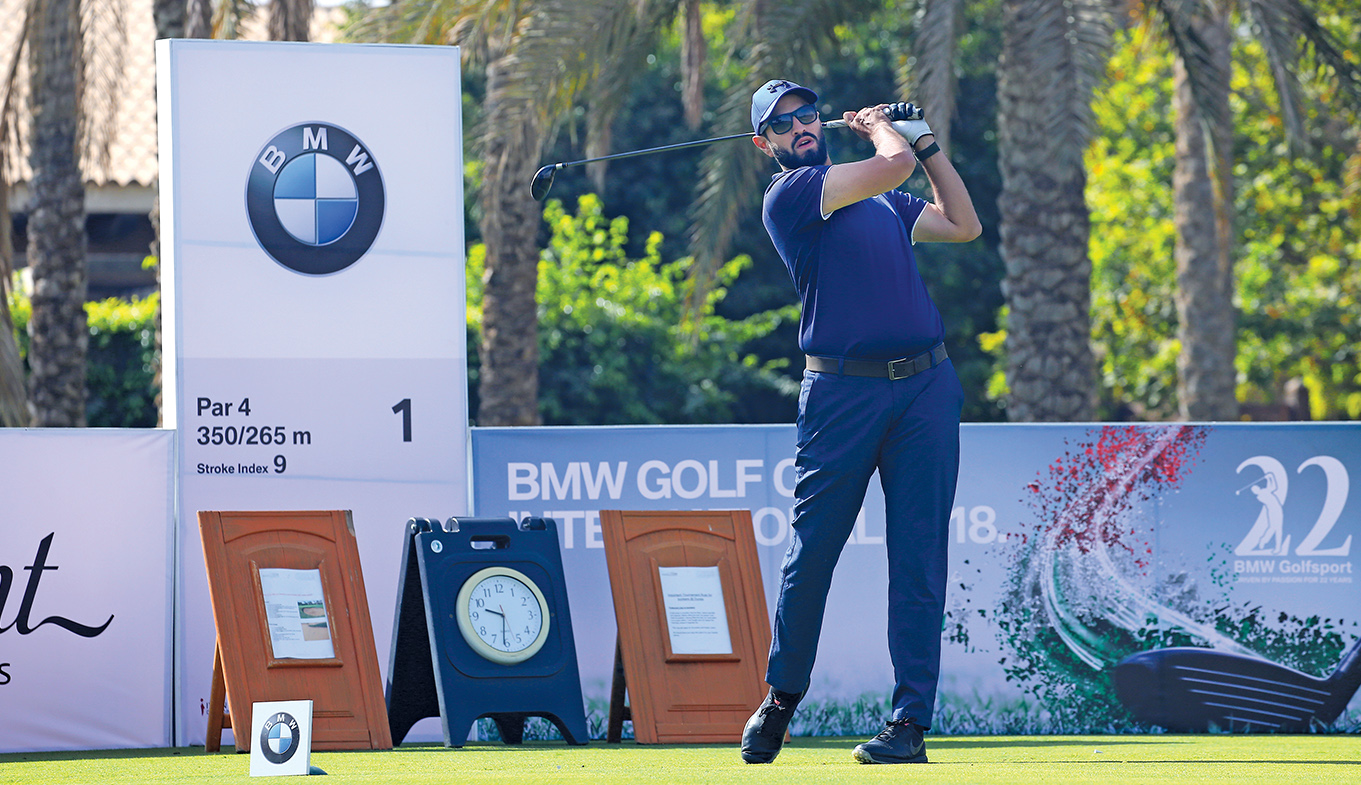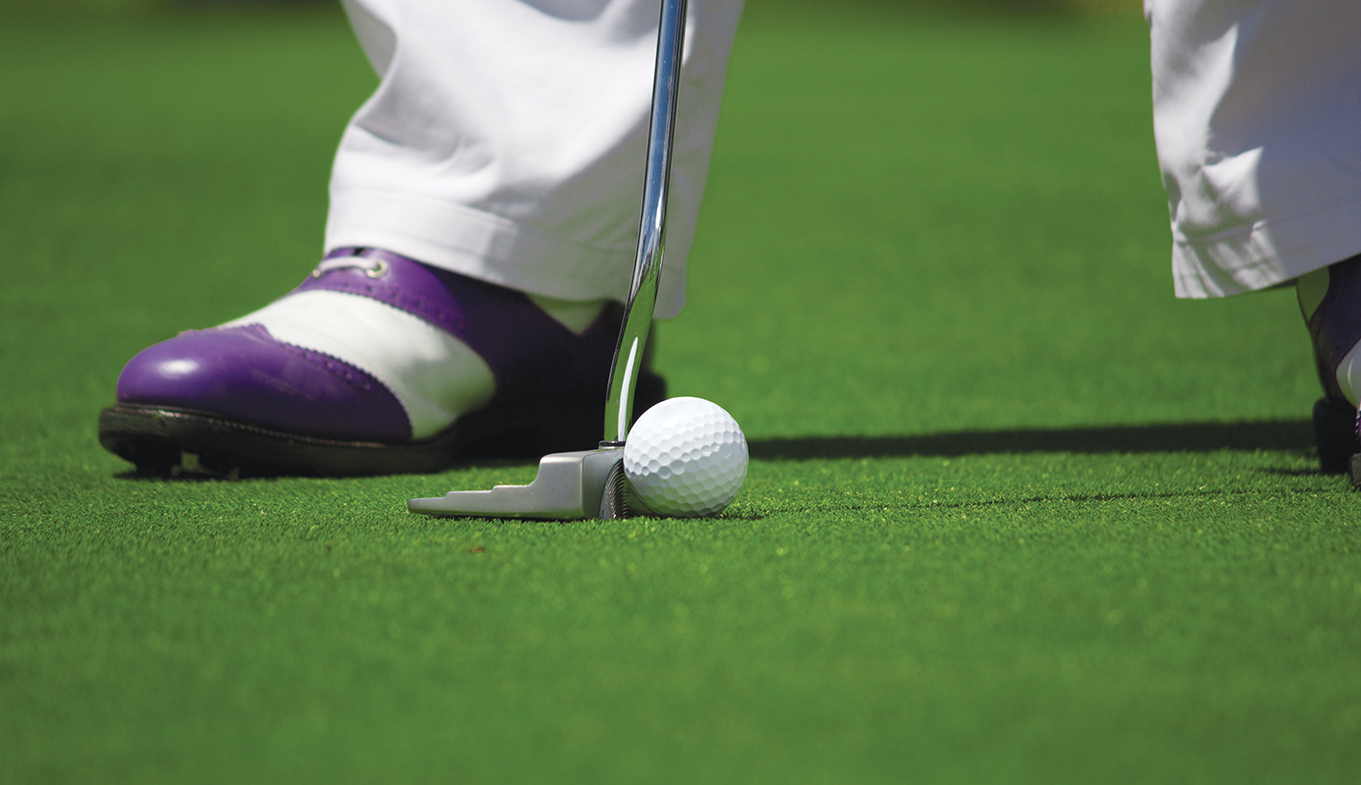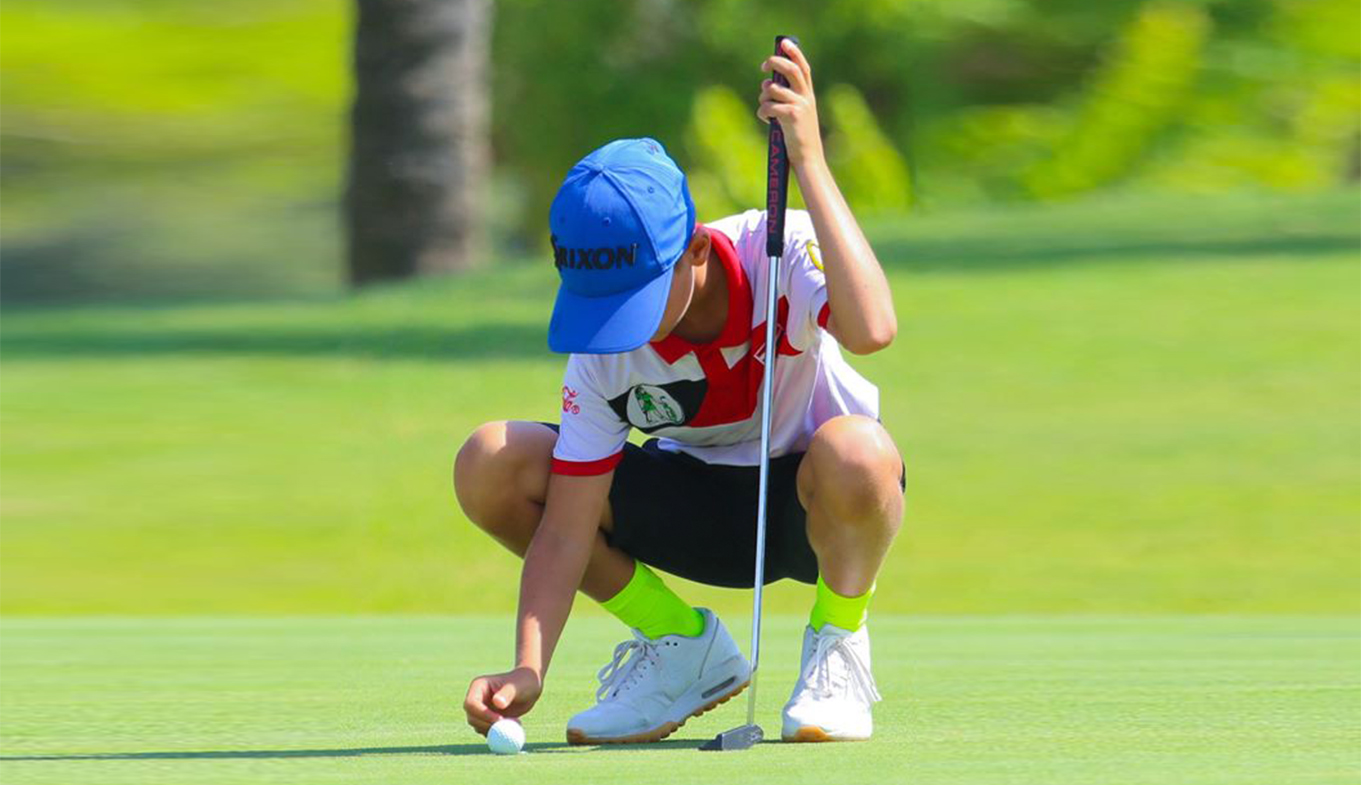suggestions
-

Golf
BMW National Golf Cup 2018
Egypt’s most elite amateur golf competition
-

Golf
BMW Golf Cup International concludes its 23rd tournament in Egypt
A unique experience combining sport and love of BMW cars!
-

Golf
Journey to the Top
The highs and lows of golf’s top players
-

Golf
MercedesTrophy Egypt
Mercedes-Benz Egypt celebrates a decade of sporting success with the “10th anniversary of the Merced...
-

Golf
Pan Arab Golf Championship for Juniors and Women
Egypt hosted the Pan Arab Golf championship for juniors and women from 23 to 26 September 2019.
-

Golf
Young golfers climb to the top
The 2019 golf season was full of highs and lows and unexpected returns. Golf tournaments throughout ...

Golf
BMW National Golf Cup 2018
Egypt’s most elite amateur golf competition

Golf
BMW Golf Cup International concludes its 23rd tournament in Egypt
A unique experience combining sport and love of BMW cars!

Golf
Journey to the Top
The highs and lows of golf’s top players

Golf
MercedesTrophy Egypt
Mercedes-Benz Egypt celebrates a decade of sporting success ...

Golf
Pan Arab Golf Championship for Juniors and Women
Egypt hosted the Pan Arab Golf championship for juniors and

Golf
Young golfers climb to the top
The 2019 golf season was full of highs and lows and unexpect...



